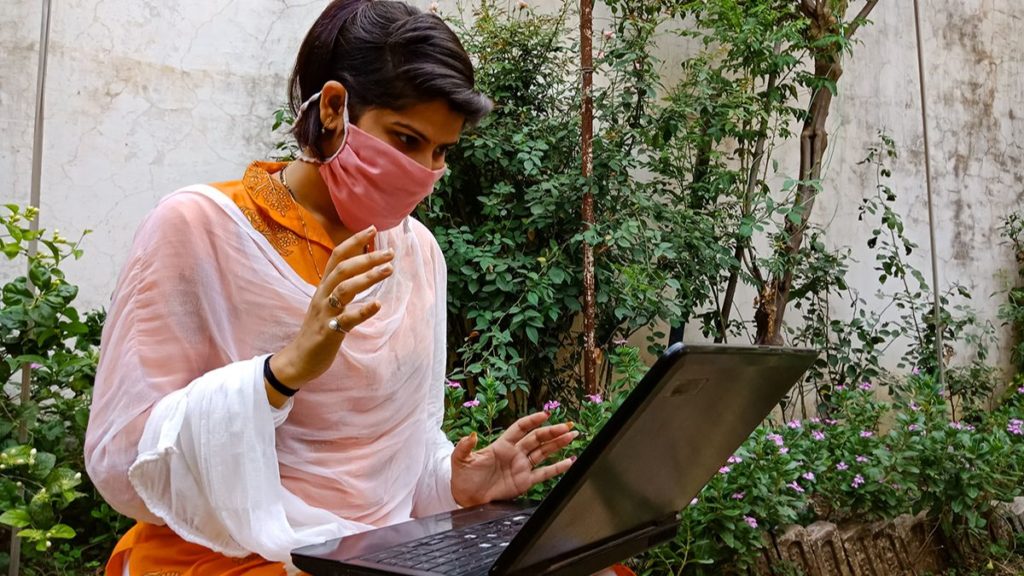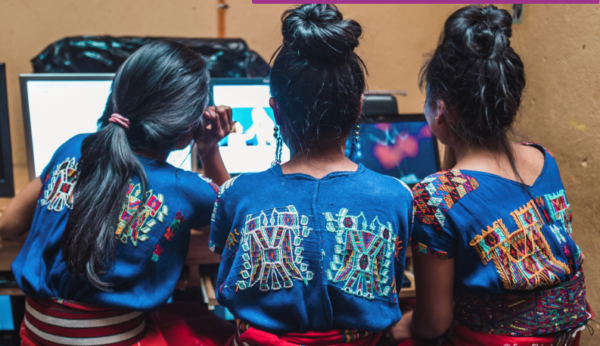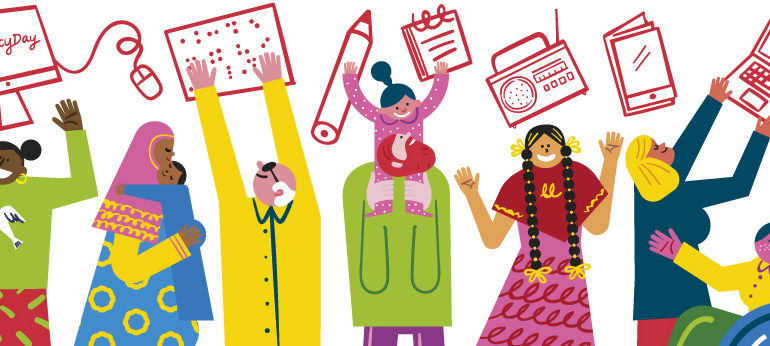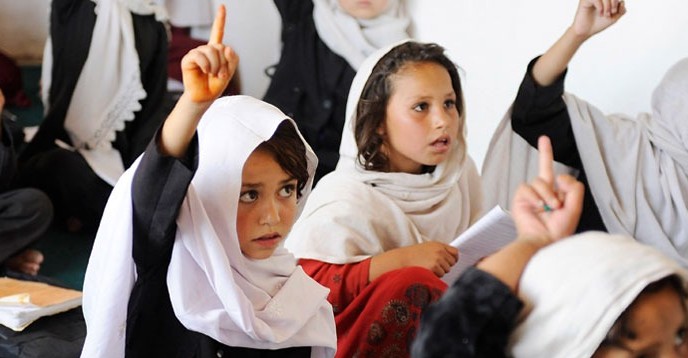Blog by Evelyne Para, SI UN Representative at UNESCO.
“Earlier this month, International Literacy Day 2021 was celebrated by UNESCO under the theme ‘Literacy for a human-centered recovery: Narrowing the digital divide’.
A year and a half after the start of COVID-19 pandemic, with nearly half of the world’s students still affected by partial or full school closures, literacy progress remains hampered and fractures in education have been redoubled by the digital divide. Therefore, it was important to insist on the need to reconsider literacy in our increasingly digitally mediated world, where new information and communication technologies have transformed our ways of living, working, learning, and socialising.
On International Literacy Day, the 2021 International Literacy Prizes were awarded to promoters of innovative projects that strengthen literacy in times of crisis. The national programs of Guatemala, India, South Africa, Mexico, Egypt, Ivory Coast, were thus rewarded for their response to the new opportunities and challenges posed in this digital age. During the COVID crisis, these inspiring programs continued to help students learn to read and write through accessible technologies. Discover with interest these six 2021 International Literacy Prizes.
Introducing this International Day, the Director-General of UNESCO, Audrey Azoulay, recalled that education is a fundamental human right for all. She also stressed that this right is unfortunately violated in many countries: “Today, this fundamental right to be able to learn to read and write is being questioned. It is first threatened in Afghanistan, a country in which, significant progress had been made in 20 years”.
According to UN estimates, around the world during the pandemic, nearly 500 million students from pre-primary to upper secondary school did not have access to any distance education, three-quarters of them lived in the poorest households or in rural areas. This huge digital divide shows how connectivity has become a key factor in securing the right to education. Unless urgent action is taken today, more than 24 million children and young people are at risk of dropping out of school. School closures also threaten decades of progress towards gender equality, exposing many girls to gender-based violence, sexual exploitation, teenage pregnancies, and forced marriages.
Beyond its inherent importance as part of the right to education, literacy emancipates individuals and improves their lives by empowering them to choose a type of life that may be suitable for them. Literacy is also a factor of sustainable development. Nonetheless, the “classic” model of education must be changed, so that the digital revolution does not produce new forms of inequality and marginalisation. This is why UNESCO supports countries in their efforts to mitigate the impact of school closings, tackle learning losses and adapt education systems, especially for vulnerable and disadvantaged communities.

Image courtesy of UNESCO
Digital skills and learning must be integrated into education systems in order to address the injustice of the digital divide. This crucial issue is currently being debated as part of UNESCO’s initiative on Futures of Education, a global conversation aimed at re-imagining how knowledge and learning can shape the future of humanity and the planet. The final report is expected to be released in November 2021.
UNESCO mobilised the Global Education Coalition to support learners and decision-makers with new tools and knowledge. This multi-sectoral coalition brings together 175 institutional partners from the UN family, as well as representatives of civil society, universities and private sector, who are currently working in 112 countries around three central themes: connectivity, gender, and teacher training. A recent report, entitled ‘Supporting learning recovery one year into COVID-19‘, presents the innovative responses that have been provided through this unique partnership over the past year.

Image courtesy of UNESCO
During the online meetings organised by UNESCO on 8 and 9 September for the occasion of the celebration of International Literacy Day 2021, representatives of governments from different countries, development partners, experts and Educators described national initiatives to reach students during school closings through television, radio, and internet. Welcoming the digital learning initiative, they recognised the pandemic as an opportunity to transform education and build more inclusive and equitable systems, so that no one is left behind. They also stressed the importance of the place of literacy within a larger whole of knowledge, skills and competences, in order to develop other faculties, such as the ability to be critical, to understand others and respect for otherness.
Digital learning and skills should be stepped up globally, and primarily in underdeveloped countries, to support educational recovery. The goal is ambitious: bridging the digital divide means connecting every child and young person – around 3.5 billion by 2030 – to digital solutions that can deliver personalised and relevant learning.”



Trackbacks/Pings